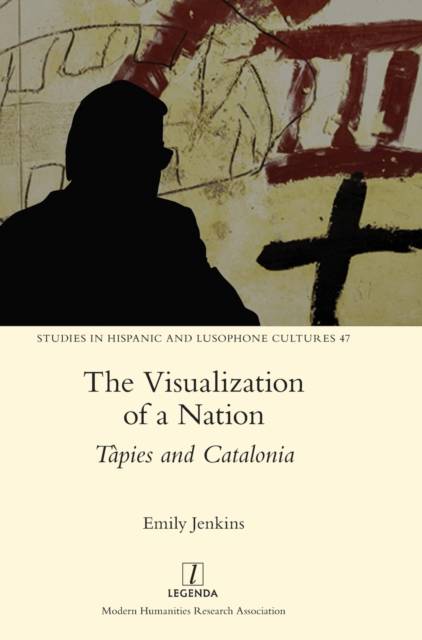
- Afhalen na 1 uur in een winkel met voorraad
- Gratis thuislevering in België
- Ruim aanbod met 7 miljoen producten
- Afhalen na 1 uur in een winkel met voorraad
- Gratis thuislevering in België
- Ruim aanbod met 7 miljoen producten
Omschrijving
On 23 March 1981, Jordi Pujol, President of the Catalan regional government, gave a speech about an art exhibition, Catalunya Avui. Embracing the artistic wealth of Catalonia, Pujol reminded the audience that when they hear of Tàpies, Miró, Dalí, and even Picasso they ought to remember their Catalan heritage. Pujol's inclusion of Antoni Tàpies (1923-2012) in this company shows the mark Tàpies had already made as a celebrated artist. In a very different Presidential address, as Artur Mas spoke to the press about the 2014 independence referendum, Tàpies's enormous painting Les quatre cròniques (1990) loomed in the background - an image that took on new meanings under very different sociopolitical circumstances.
In this fascinating and thought-provoking investigation, Emily Jenkins explores both Tàpies's extraordinary style and his journey through Catalonia's turbulent modern history. Despite his complex relationship with the Spanish state, and having shown bold acts of political protest through his art, Tàpies has been fêted as one of Spain's most successful modern artists. With support from both local and regional governments, the artist opened a museum dedicated to his work in Barcelona in 1990, helping to establish Tàpies as a major visual artist in a resurgent Catalonia.
Emily Jenkins studied art history at Rhodes College and history at Universidad de Santiago de Compostela. She is now an independent scholar in Cantabria.
Specificaties
Betrokkenen
- Auteur(s):
- Uitgeverij:
Inhoud
- Aantal bladzijden:
- 200
- Taal:
- Engels
- Reeks:
- Reeksnummer:
- nr. 47
Eigenschappen
- Productcode (EAN):
- 9781781884195
- Verschijningsdatum:
- 30/08/2021
- Uitvoering:
- Hardcover
- Formaat:
- Genaaid
- Afmetingen:
- 170 mm x 244 mm
- Gewicht:
- 521 g

Alleen bij Standaard Boekhandel
Beoordelingen
We publiceren alleen reviews die voldoen aan de voorwaarden voor reviews. Bekijk onze voorwaarden voor reviews.












